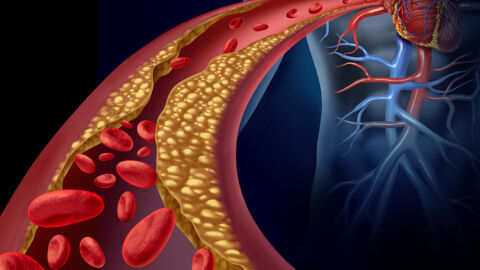Q: Should I be concerned about fungal resistance to fluconazole?
A: There is the potential for resistance to any antifungal or antibiotic. However, for the most part it still works well against many yeast species, including Candida.
Q: What factors make a fungal infection chronic and persistent, prone to relapse?
A: There are many including poor overall health, lack of microbiome diversity, ongoing inflammation, particularly in the digestive system, chemicals like glyphosate, mold and mycotoxin exposure, poor diet, etc.
Q: What are the implications of a leaking breast implant and how that affects thyroid autoimmune and inflammatory autoimmune, and would this eventually help to cause fungal infection/candida?
A: Fungus could certainly take advantage of a situation like this. You will need to research the specific mechanisms involved regarding breast implants, but I am sure it involves immune dysregulation involving Th1, Th2, and Treg cells.
Q: Can systemic candida infections be the root cause of seborrheic eczema, dermatitis, and dandruff?
A: I am sure they could be or at least play a role. Do some research into this area as this would be worth knowing more about.
Q: I have sometimes seen slightly high chloride in serum of my patients. Does the hypochlorous acid release during the Neutrophil activity ever account for the finding of slightly high Chloride in serum of patients with CFS and Candidiasis?
A: Good question, but I do not know. Most likely is it not a major factor as the hypochlorite ion is acting at a local area.
Q: How can the Innate immune system have a memory component?
A: I am not aware of innate immunity with regards to memory cells, but certain B-cells, specifically B-1 B cells (from the spleen, bone marrow, and peritoneum) and MZ B cells (spleen), produce natural antibodies like polyreactive IgM or Natural IgM (nIgM). Perhaps there is a recall mechanism in place for these nIgM? The role of nIgM is significant, including in the assistance of phagocytic cell activity in engulfing an apoptotic cell. Other mechanisms include complement cascade activation against pathogens, e.g., bacteria and direct pathogen neutralization, e.g., virus. Check out the article by Panda and Ding titled Natural Antibodies Bridge Innate and Adaptive Immunity in the Journal of Immunology, September 2021.
Q: What is an example of a genetically susceptible individual?
A: Certain types of human leukocyte antigen (HLA) patterns are genetic linked. For example, HLA-B27 is associated with increased risk for reactive arthritis secondary to certain gut bacteria. Ankylosing Spondylitis is another disease where the immune system attacks the spine and is linked to cross-reactivity to various PAMPs in B27 individuals.
Q: Does the website https://candidamasterycourse.com/ go over protocols for overcoming candidiasis?
A: Yes. We go into intervention, testing, pathogenicity mechanisms and much more in the Candida Mastery Course.
Q: Can you link here the website to get the bonus sheet?
A: https://integrativemedicineacademy.com/webinar-bonus/
The material contained within this article and webinar is not intended to replace the services and/or medical advice of a licensed healthcare practitioner, nor is it meant to encourage diagnosis and treatment of disease. It is for educational purposes only. Any application of suggestions set forth in the portions of this article is at the reader’s discretion and sole risk. Implementation or experimentation with any supplements, herbs, dietary changes, medications, and/or lifestyle changes, etc., is done so at your sole risk and responsibility.




